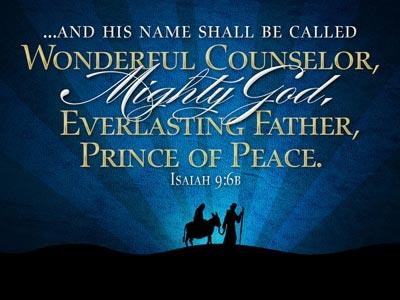-
Rueben Series
Contributed by John Lowe on Jun 27, 2022 (message contributor)
Summary: The book of Exodus establishes God's covenant relationship with the full-fledged nation of Israel. The descendants of Abraham prosper after settling in Egypt, only to be enslaved by a fearful, hateful Egyptian Pharaoh. God appoints Moses to lead the people out of this bondage.
Elisheba—that is, Elizabethan. These minute particulars recorded of the family of Aaron, while he has passed over his own, indicate the genuine modesty of Moses. An ambitious man or an impostor would have acted differently.
Amminadab, a prince of the tribe of Judah, Numbers 1:7 and Numbers 2:3. Marriages were not yet confined to their tribes. When they were, the Levites seem to have had this privilege that they might marry a daughter of any other tribe because, indeed, the reason for that law did not concern them, there not being any danger of confusion or loss of inheritance on their part. Moreover, many marriages were made between the tribes of Judah and Levi to signify that both were united in Christ, who was to be both king and priest. It is observable that Moses is here silent in his progeny (offspring). However, it gives a particular account of his brother's, not only from his great humility and modesty, which shines forth in many other passages but because it was of more concern. The honor of priesthood given to Aaron was hereditary and peculiar to his seed; therefore, they needed to be precisely known. In contrast, Moses's honor and the government were only personal and did not pass to his children.
Furthermore, Aaron took him Elisheba, The same name we pronounce as Elizabeth; and of this name was the wife of Zacharias, the father of John the Baptist, Luke 1:5, this woman Aaron took was the daughter of Amminadab, the sister of Naashon; a prince of the tribe of Judah, (Numbers 7:12), her he took to wife; or married; for though intermarriages with the several tribes were not allowed, nor used in after times, that they might be kept distinct, and the inheritances also, yet the tribe of Levi often took wives of other tribes, because they had no inheritance, and were to have none in the land of Canaan, so that confusion in tribes and inheritance was not made as a result of this. It is observable that these marriages were frequently with the tribe of Judah as signifying the union of the kingly and priestly offices in Christ, who sprung from the tribe of Judah:
Moreover, she bares him Nadab, and Abihu, Eleazar, and Ithamar; the two first of these died by fire from heaven in their father's lifetime, for offering strange fire to the Lord, Leviticus 10:1. Eleazar succeeded his father in the priesthood, Numbers 20:26 and of the sons of Ithamar executing the priest's office, see 1 Chronicle 24:2.
24. The sons of Korah: Assir, Elkanah, and Abiasaph; these are the families of the Korahites.
The sons of Korah did not partake in his sin and therefore "died not" (Numbers 26:11) but became the heads of important families. The eldest son of Izhar, who, though he proved an evil man, many of his posterity were good men and are often mentioned in the titles of some of the psalms of David: the immediate sons of Korah were Assir, and Elkanah, and Abiasaph. Aben Ezra says that Samuel the prophet was of the sons of Korah; perhaps what might lead him to it was, because his father's name was Elkanah, the name of one of these sons of Korah, but cannot be this Elkanah: these are the families of the Korhites, the heads or from whom they descended.

 Sermon Central
Sermon Central



